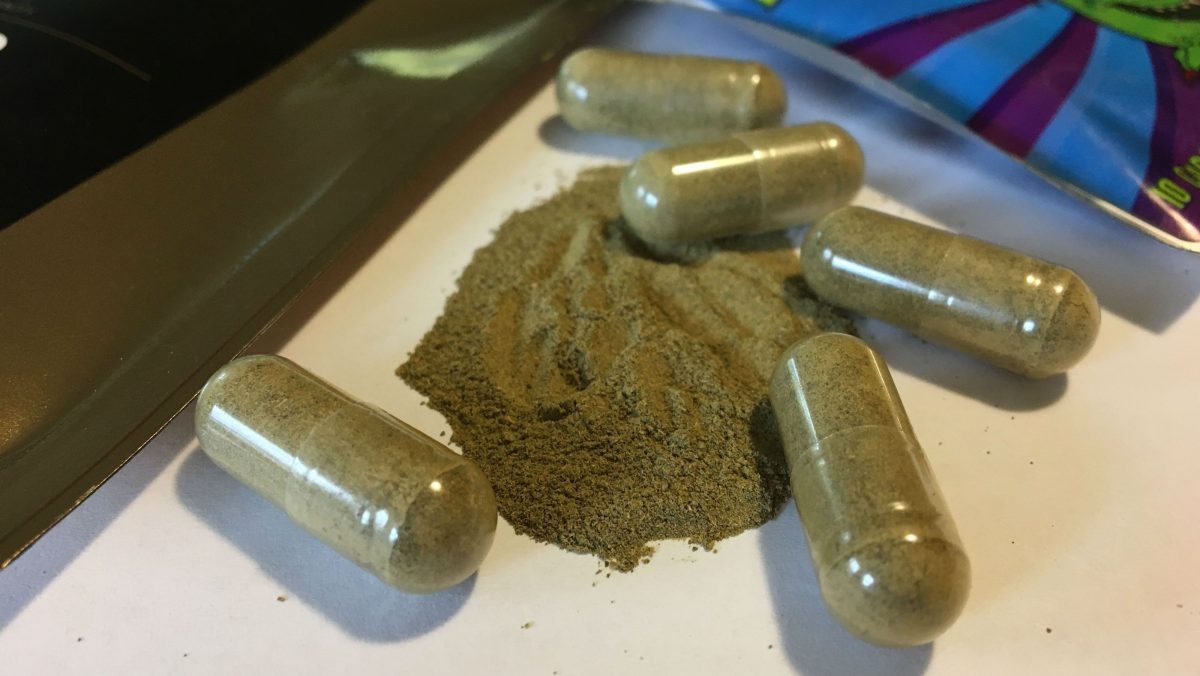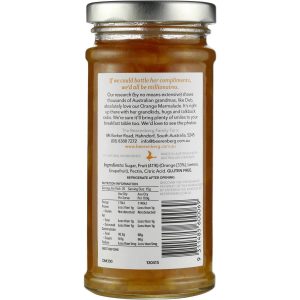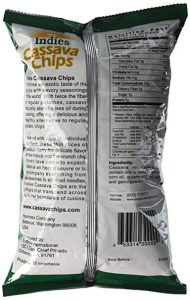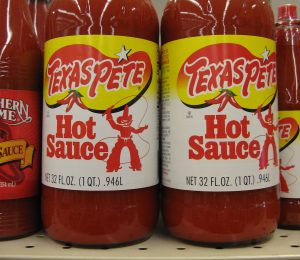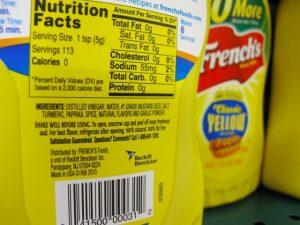Now I know it can be frustrating when someone says “no,” but even my grade school-aged children know better than to respond “well, I’m going to do it anyway.” This is even more so when the person saying no is in a position of authority (i.e., dad). However, not all of us remember the lessons of our childhood and because of that some pay for the consequences of their actions. As such, I expect some FDA enforcement actions will be forthcoming soon.
Two days ago the FDA notified Industrial Chemicals, LLC (and it’s related company INI Botanicals) that it must advise the FDA on its intention to launch its product Mitrasafe, a product containing an extract of mitragynine (i.e., kratom). If that wasn’t enough, FDA Commissioner Scott Gottlieb, M.D. issued a press release noting that Industrial Chemicals’ “claims are unproven and dangerous” and the FDA intends “to take appropriate steps to protect the public health against kratom products that try to circumvent the law.” My interpretation…you just poked the gator, now get ready for its bite!
So how did this situation come about? The FDA previously denied Industrial Chemicals’ request for Mitrasafe to qualify as a new dietary ingredient and notified them that the FDA considers the product an unapproved drug. However, Industrial Chemicals apparently didn’t like the answer they received and instead issued a press release stating that Mitrasafe is “a New Dietary Ingredient that has complied with notification and safety requirements.” In fact, their website is still up and running, advertising the product available for sale starting February 28th.
This is a pretty brazen statement since Industrial Chemicals is opening themselves up not only to FDA enforcement, but also false advertising claims enforced by the Federal Trade Commission. In fact, last month the FDA and FTC jointly issued warning letters to 11 marketers and distributors of opioid cessation products making drug claims similar to Mitrasafe. Industrial Chemicals’ actions may have even possibly exposed themselves to consumer lawsuits for unfair and deceptive advertising.
While Industrial Chemicals is now represented by an attorney (see letter from FDA mentioned above), it is unclear if they are being provided sound advice or if they are just ignoring counsel’s advice. But either way, I don’t expect things to end well for them.
When you’ve spent considerable time, effort and money on a idea or product, it can be hard to handle rejection. But just because a regulator stops you forward progress, it doesn’t mean the end. This being said, there are right and wrong ways to go about overcoming obstacles. In my experience, taunting a 5,000 lbs alligator (i.e., flagrantly disobeying an order) never works out favorably in the long run.
If you have questions about kratom or dietary supplements containing kratom, please contact us here at Morsel Law.


